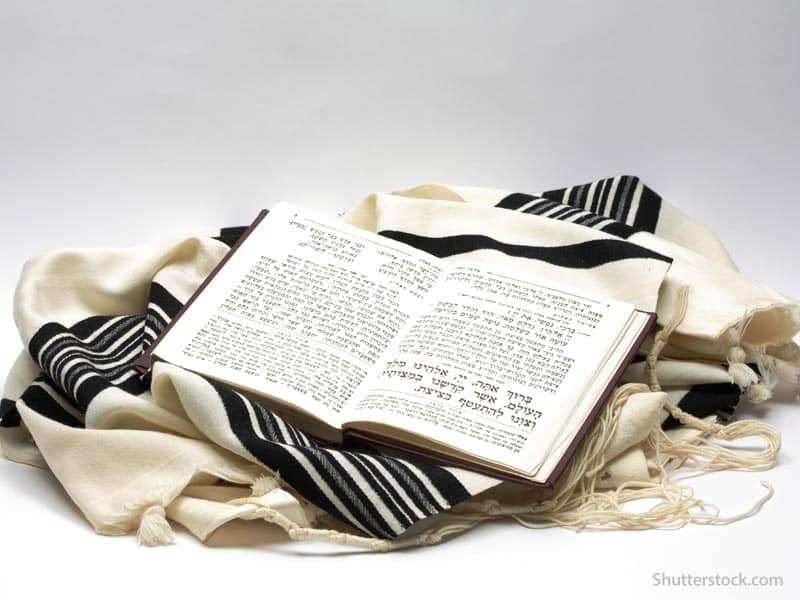1. In the world of the sun-moon-earth cycles, Hanukkah is the darker-than-solstice festival. It comes at the dark time of the moon that is close to the dark time of the sun, and we light more and more candles to brighten our houses--until the moon begins to grow, and the sun to return.
2. In the world of history and politics, it reminds us of the dark moment when Mattathias' kinfolk obeyed the king's decree to abandon Torah and bow down to idols--the moment when he and his sons went out to the hills, to the darkest of caves, to light there the light of Torah and to win the victory of the small devoted band against the elephantine imperial armies.
3. In the world of personal and communal emotion and spirit, it reminds us of courage in the face of a sense that even the universe, even fate, has turned against us. When the seemingly victorious Maccabees approached the Temple, ready to celebrate their victory, the victory proved hollow. The Temple could not be dedicated anyway. The oil that is the seed of light was missing--the oil to light the great menorah. There was only enough to burn one day. Enough to break the heart of any military victor.
What to do? A reasonable "secularist," perhaps a Hellenist, perhaps a Jewish general, would have said to delay the celebration, press new olive oil, wait a week or so.
But there was a miracle. Somebody was unreasonable enough, hopeful enough, faithful enough, celebratory enough, to light the menorah anyway. "Celebrate light!" this person must have said. "And what will be, will be." Now that kind of thinking--that's a miracle!
So God, the universe, history, karma, responded. The lamp stayed lit.
One suggestion: Let it spark your own approach.
We can turn the nightly lighting of the lights into a focused meditation:
We can light one light the first night, meditate on sun-and-moon, on the natural order, on our shadowed planet.
And on the second night, do that again, and then light the second candle and meditate on the biology of light, on the effects of the candle glow upon our minds and spirits.
And on the third night, do these meditations again, light the third candle, and meditate on the dark night of resistance, on the moment of becoming Maccabees.
And on the fourth night, do all these and meditate on the darkness of empty victory and on how to renew ourselves to act when darkness falls upon our own best efforts.
And on the fifth night, do these all again, and then light one candle in a meditation on the moments of darkness that have fallen on our people, the people Israel: the moments of Pharaoh, Babylon, Antiochus, Jerusalem's destruction, the Inquisition, Hitler--and on those who arose in those moments to renew us.
And on the sixth night, yet again repeat all these and meditate on how our light has kindled that of others, and their light ours; meditate on our interchanges with Hellenism, and Christianity, and Islam, and Marxism, and Buddhism, and Feminism , and so on.
And on the seventh night, recall all these and lift up the prophetic reading that we are taught to read on Hanukkah: "Not by might, and not by power, but by my Spirit, says the Breath of Life."
And on the eighth night, review all these and then focus on the candle itself, on the way its own light grows out of its own dark heart.

